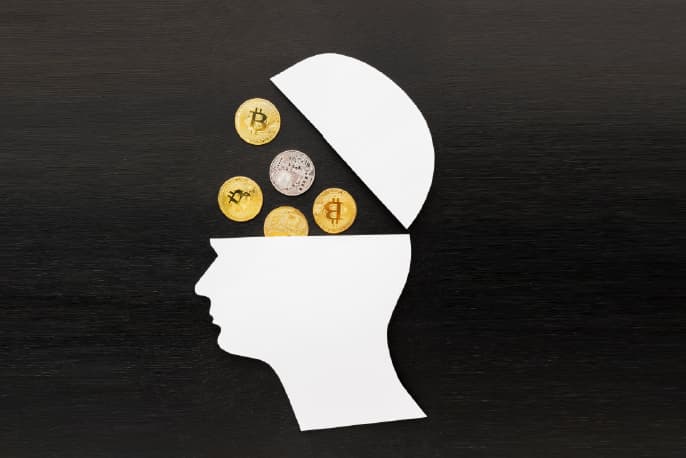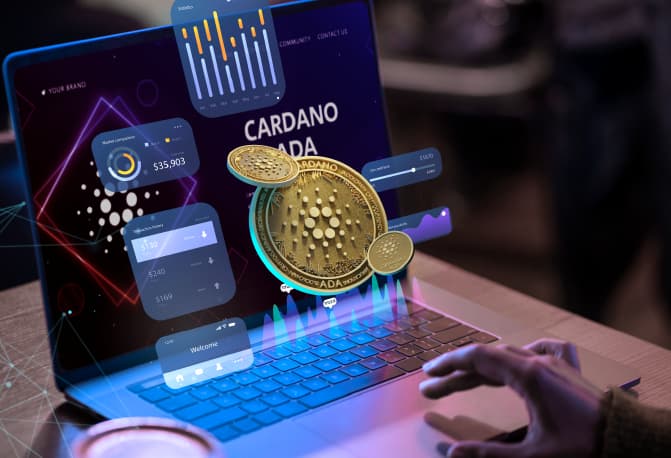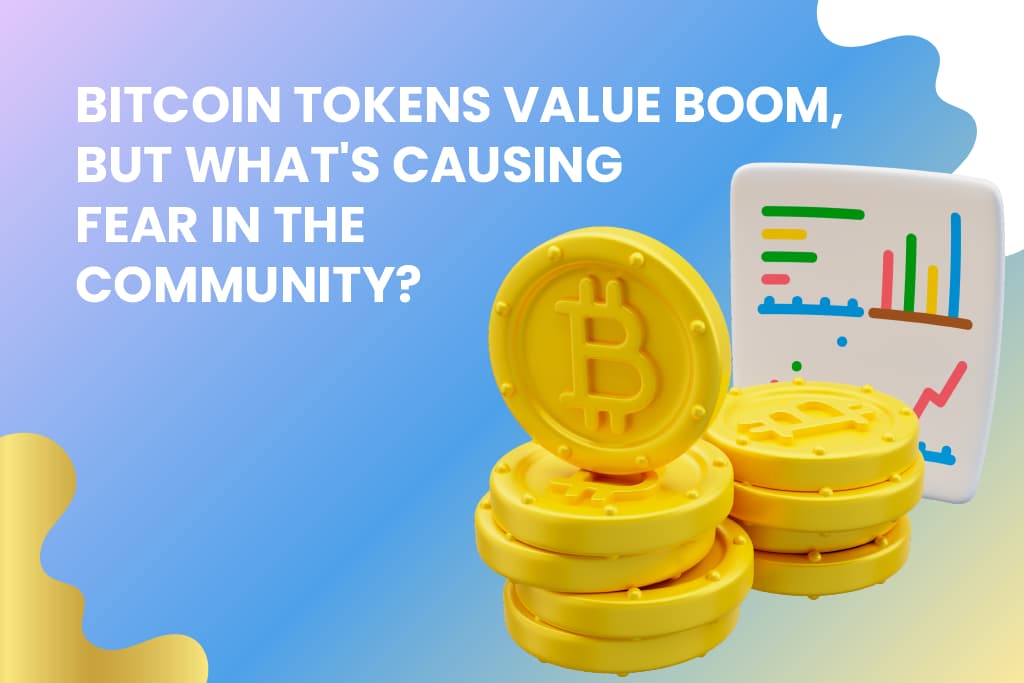Let’s face the music: the world of Decentralized Finance (DeFi) can be as wild as a Texas rodeo! But what do you do when your digital bull starts to act a little fishy? The answer is knocking on your door: introducing the “Circuit Breaker,” our new digital lifesaver!
This brilliant proposition comes straight from the Ethereum community and is set to prevent large amounts of tokens from being drained from protocols.
But how does it work, you ask?
Table Of Contents:
Putting the "Circuit Breaker" into Action!
As per the proposition, this new smart contract interface would temporarily halt all token transactions within the protocol once a preset limit for a particular metric is exceeded.
So, it’s like an emergency button? YES!
And the cherry on top: this emergency button would be triggered automatically. And here’s the kicker – in the event of an attack, it would prevent the attacker from completely draining a contract in a blink of an eye, thus preserving most of the funds.
Deep dive data analysis has concluded that most DeFi protocols don’t experience significant daily drops in the total locked value (TVL) unless attacks target them. Therefore, integrating this “Circuit Breaker” standard (or ERC-7265 for those in the know) could be a strategic move for DeFi protocols. It’s just like the old saying, “Better safe than sorry,” right?
The Astronomical Losses of DeFi and Ethereum's Struggle to Reach the $2,000 Mark
The second quarter of 2023 saw more than $200 million vanishing due to DeFi attacks and exploits, tallying up to a staggering $667 million in the first half of the year alone. Speaking of numbers, during the last market surge, the price of Ethereum (ETH) couldn’t quite reach the dreamy $2,000 mark and started to backslide toward a possible support zone of $1,900.
Conclusion: Ethereum, Bitcoin, and the Uncertain Future of the Crypto Economy
Despite positive signals like the rise in staking, Ethereum seems to be running out of steam for its recovery, continuing to live in the shadow of big daddy Bitcoin. And speaking of which, Bitcoin is currently undergoing a correction after hitting its peak in 2023. But at the end of the day, we, the folks in the world of crypto, are used to roller coasters, aren’t we?
Uncertainty is the game’s name, but implementing the ‘Circuit Breaker’ could be an important step toward safety and stability in Ethereum’s DeFi. After all, who doesn’t love a good safety net in a high-risk sport? Embrace the adventure, accept the uncertainty, and let’s charge forward into the future of DeFi!





































